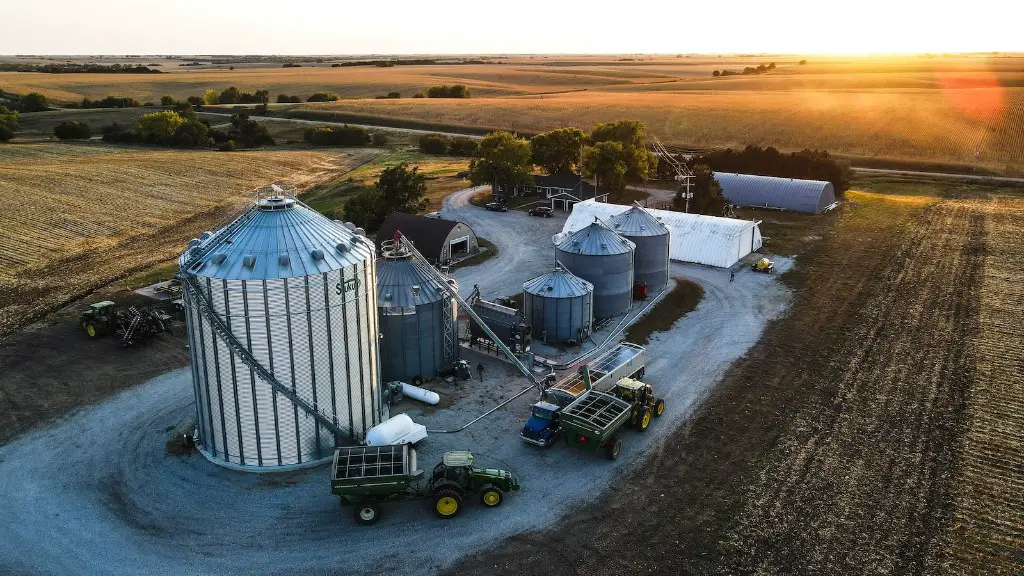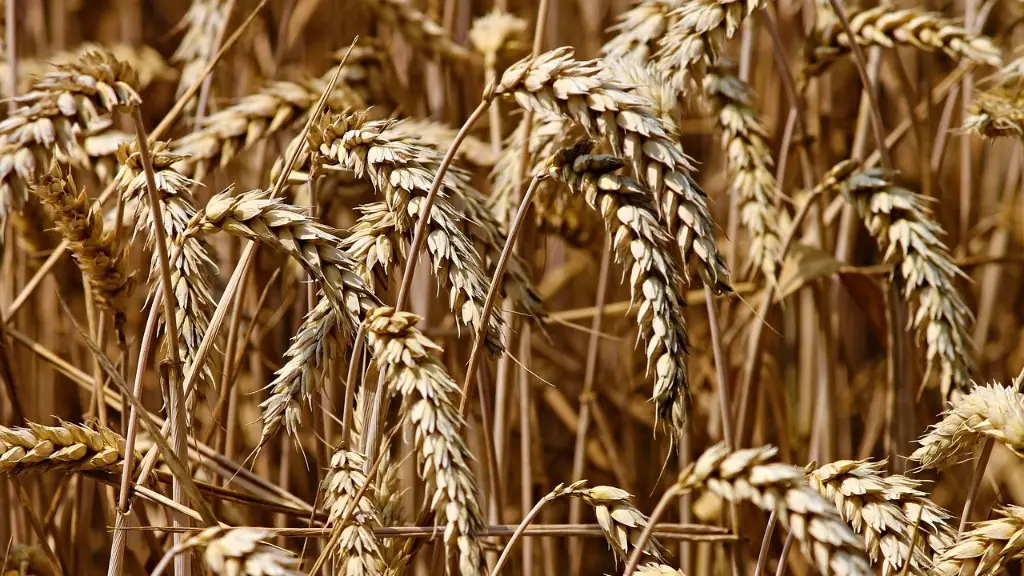The full meaning of NPK in agriculture is nitrogen, phosphorus, and potassium. These are the three essential nutrients that plants need to grow. Nurturing these nutrients in the soil is vital to healthy plant growth.
NPK stands for nitrogen, phosphorus, and potassium. These are three essential nutrients that plants need for healthy growth. Nitrogen is important for leaf and stem growth, phosphorus is important for root growth, and potassium is important for flower and fruit production.
What is NPK in Agriculture?
Nitrogen (N), phosphorus (P), and potassium (K) are the three primary nutrients that are essential to the growth and development of plants. Nitrogen is responsible for the growth of leaves and the green color of plants, phosphorus is essential for the development of roots and flowers, and potassium is necessary for the overall health and vigor of plants. Commercial fertilizers typically contain all three of these nutrients in varying proportions to meet the specific needs of different plants.
An NPK fertilizer is a fertilizer that contains nitrogen, phosphorus, and potassium. The NPK ratio is the ratio of these three elements in the fertilizer.
What is a good NPK fertilizer
The ideal fertilizer ratio for flowering plants is 3-1-2, which means that it contains 3% nitrogen, 1% phosphorus, and 2% potassium. This ratio is perfect for promoting healthy growth and blooming in plants. Look for this ratio on the label of packaged fertilizers; anything close to a 3-1-2, a 6-2-4 or a 9-3-6 should be ideal.
NPK fertilizers typically contain at least 3% N plus 5% P2O5 plus 5% K2O and at least 20% total nutrients. Nutrient ratios are provided for NPK fertilizers, such as 1:1:1. If there are additional numbers, it would refer to magnesium and then sulfur.
How much NPK does soil need?
The ratio of NPK found in Indian soils is about $4:2:1$. These values are present in terms of percentage to their weight in the fertilisers. The Nitrogen is advantageous for the plants as they use it for the growth of leaves, flowering and fruit bearing ability.
This is a ratio, specifically a ratio of 2 to 1 with an additional 5. This could be used to represent, for example, two girls for every one boy, plus five additional boys.
What does 20 20 20 mean in fertilizer?
Our 20 20 20 Garden Fertilizer is a great choice for vegetable gardeners interested in providing a balanced formula of nutrients to their plants. The fertilizer contains equal parts nitrogen, phosphorous, and potassium, each at 20%. This makes it a versatile product that can be used throughout the various stages of plant growth.
NPK fertilizers are made up of nitrogen, phosphorus, and potassium. While they are essential nutrients for plant growth, they can also be harmful. NPK fertilizers can compromise trees’ root systems, block the uptake of micronutrients, encourage attack from harmful pests, and cause a host of other issues for plants. They can also pollute waterways.
What is 20 10 10 fertilizer good for
A good fertilizer for plants that require a lot of nitrogen is one that is high in nitrogen content. This will help to ensure that the plants get the nutrients they need in order to grow and thrive.
Poultry manure is an excellent source of nutrients for okra plants, providing them with everything they need to grow healthy and produce bumper crops. This is evident in the high levels of N, P, K, Ca and Mg found in the okra fruit when compared with other amendments and NPK fertilizer. This is also reflected in the healthy growth and yield of the plants when using poultry manure as a fertilizer.
What is the NPK in Miracle-Gro?
This product is great for plants that need a quick nutrient boost. The all-purpose plant food formula provides nutrients that are quickly absorbed by plants, promoting blooming and continued health. The easily-mixable NPK ratio makes this product convenient to use in your garden.
Your lawn will appreciate being fertilized three times a year. A light feeding at Valentine’s Day, Memorial Day and Labor Day will encourage moderate growth and help to feed the soil during peak demand times.
What are the disadvantages of NPK fertilizer
It is important to use synthetic N-P-K fertilizers that contain secondary and trace elements in order to ensure proper plant growth. Using just N-P-K fertilizers can result in deficiencies of important elements such as calcium, sulfur, magnesium, and trace elements.
Organic NPK fertilizer can be made from a variety of materials, but the most common are animal waste and composted plants. Animal waste provides the nitrogen and phosphorus, while composted plants provide the potassium. Seaweed, leaves, fruits, and vegetables can all be used as compost, but seaweed is the most effective.
Is NPK fertilizer good for all plants?
NPK fertilizer is a type of fertilizer that provides all the essential nutrients required by plants, including nitrogen, phosphorous, and potassium. These nutrients are important for vegetative growth, root growth, seed and flower formation, bud growth, and ripening of fruits.
The amount of nitrogen, phosphorus, and potash that a crop needs varies depending on the type of crop, the soil, and other factors. However, a general rule of thumb is that 25 kg of nitrogen per acre, 60 kg of phosphorus per acre, and potash as needed is sufficient.
Which NPK is best for root growth
Phosphorus and potassium are both essential nutrients for plants. Phosphorus promotes root growth, flowering, and fruit set, while potassium promotes overall plant vigor, fruit ripening, and disease resistance. Both nutrients are important for plant health, but phosphorus is particularly important for promoting healthy root growth.
This fertilizer is a great option for flowering and fruit-bearing plants. It is completely water-soluble and can be used in hydroponics or hanging gardens. It performs very well and provides the plants with the basic nutrients they need for growth and flowering.
Final Words
The full meaning of NPK in agriculture is nitrogen, phosphorus, and potassium. These are the three essential nutrients that plants need to grow and thrive.
The full meaning of NPK in agriculture is fertilizers that contain nitrogen, phosphorus, and potassium. These are essential nutrients for healthy plant growth. NPK fertilizers can be used to improve yields, improve soil fertility, and to correct nutrient deficiencies.





